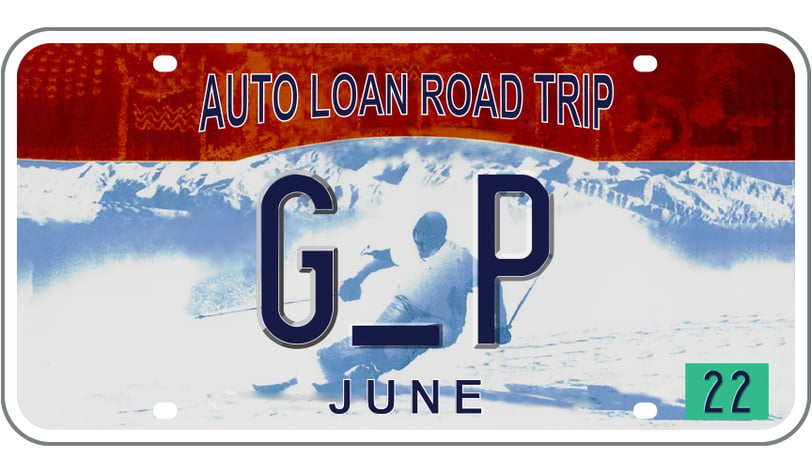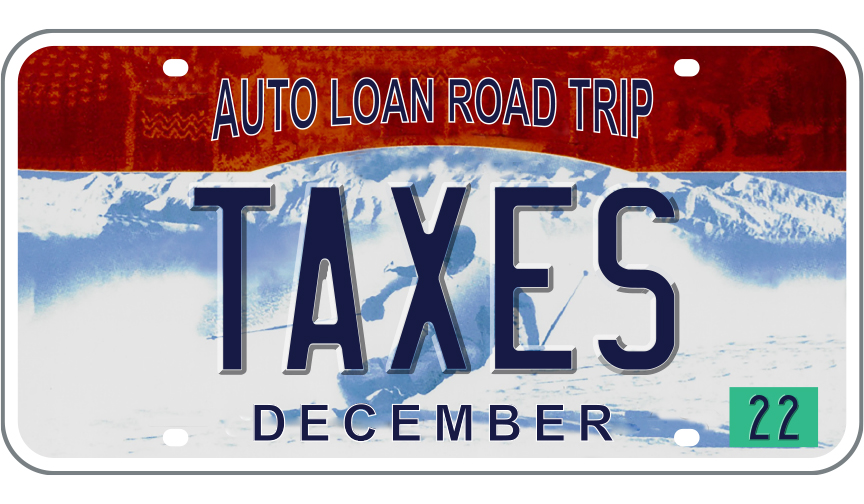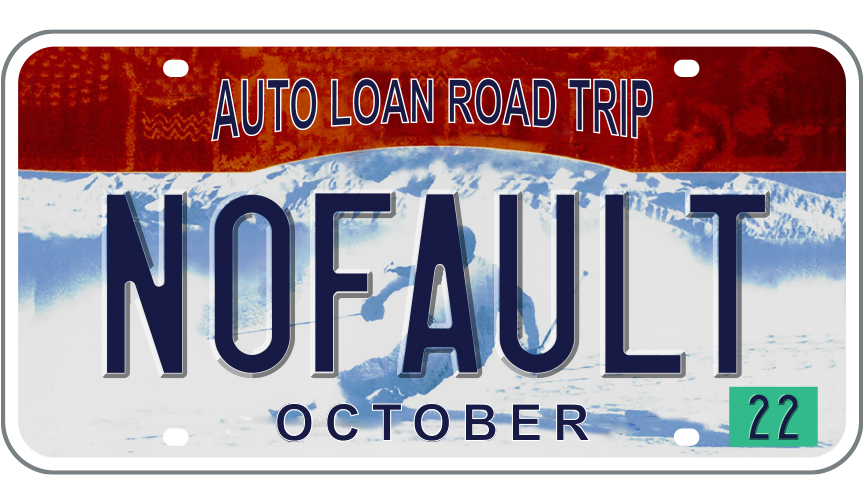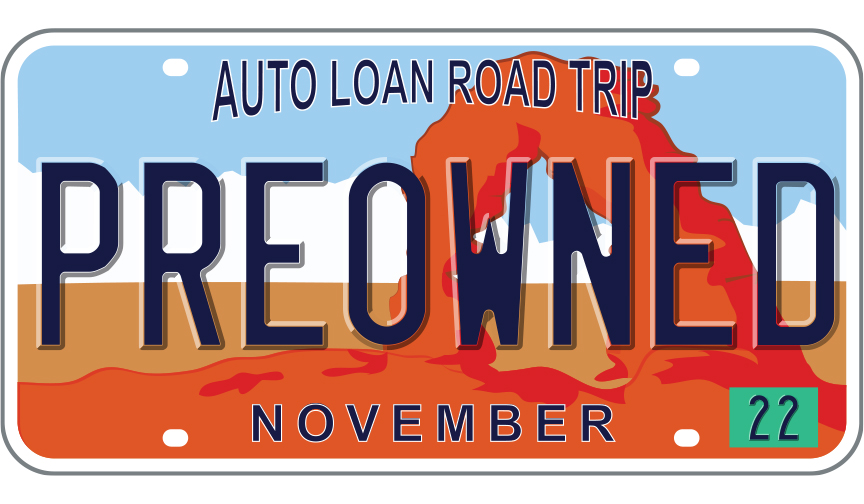 You’ve just decided to purchase a new car and can’t wait to get the loan paperwork behind you. You’re on the phone with your new lender when they ask: "Would you like to add gap insurance on the loan?”
You’ve just decided to purchase a new car and can’t wait to get the loan paperwork behind you. You’re on the phone with your new lender when they ask: "Would you like to add gap insurance on the loan?”
If you're unsure of what gap insurance is, now is a good time to find out. Knowing the basics of gap insurance before you buy can help you be prepared for this question and make the process of financing a loan less stressful.
What Is Gap Insurance?
Guaranteed asset (or auto) protection or “gap insurance” is an optional product that you can choose to add to your car loan. Here’s an example how it works:
Imagine you have a vehicle loan with your local credit union. One day, you’re involved in an accident that totals the car. Ideally, your car insurance would at least pay out enough to pay off the loan in full. The problem, however, is that the insurance company will likely base the payout amount on your vehicle’s actual cash value (ACV). Since cars depreciate in value over time, the ACV could be less than what you owe on the loan. This can leave you responsible for paying the difference.
Cue gap insurance. Gap will pay the difference or “gap” between the insurance payout and the balance on your vehicle loan. Gap insurance may take effect in certain scenarios such as collisions, theft, vandalism, or natural disasters.
Who Sells Gap?
Many credit unions and banks may be able to sell you gap if you finance a loan through them. Alternatively, if you purchase a vehicle from a dealership, you can consider purchasing gap insurance through the dealer. Another option is to ask your car insurer if they can provide gap coverage. In any case, look over your options to see who can provide you with the best coverage for the right price.
If you purchase gap from your car insurance provider, you will likely pay for protection by making a monthly payment. If you buy coverage from your financial institution or a dealership, it's not uncommon for the cost of gap to be added onto your overall loan balance in one lump sum; then, each time you make a monthly car payment, you’ll also be paying off the gap.
Should I Buy Gap?
Take a moment to consider this: If your vehicle were to be totaled today, would you be able to afford the difference between its ACV and your loan balance? If the answer is "no," it may be worth it to purchase gap insurance. Other factors that can make gap a good investment are if you’ve made a low down payment (especially if your car is on the more expensive side), you’re leasing a vehicle, you have a car that depreciates quickly, you have a long-term loan, or your vehicle has high mileage (high mileage means quicker depreciation).
Takeaway
Deciding whether to purchase gap insurance comes down to your personal financial situation and peace of mind. If you’re worried about covering a potential gap between your vehicle’s value and your loan balance, then adding this extra layer of protection might be worth it. Consider your down payment, loan term, and the likelihood of your vehicle depreciating quickly. With these factors in mind, you can make an informed decision that suits your needs and helps you drive off the lot feeling confident about your coverage.
You May Also Like
These Related Stories

Getting a New Car? Here's What To Know About Sales Taxes.

A Crash Course on Vehicle Insurance


